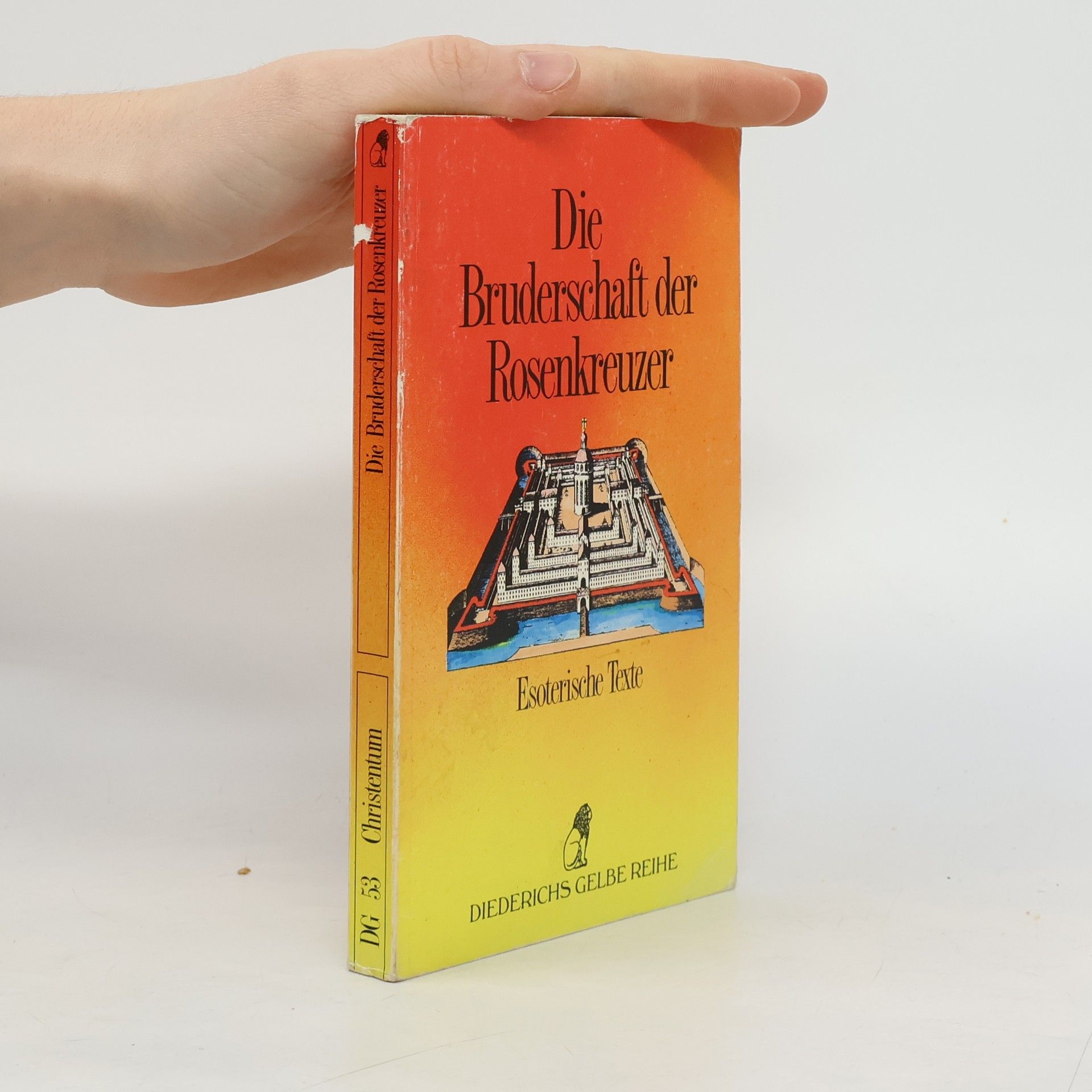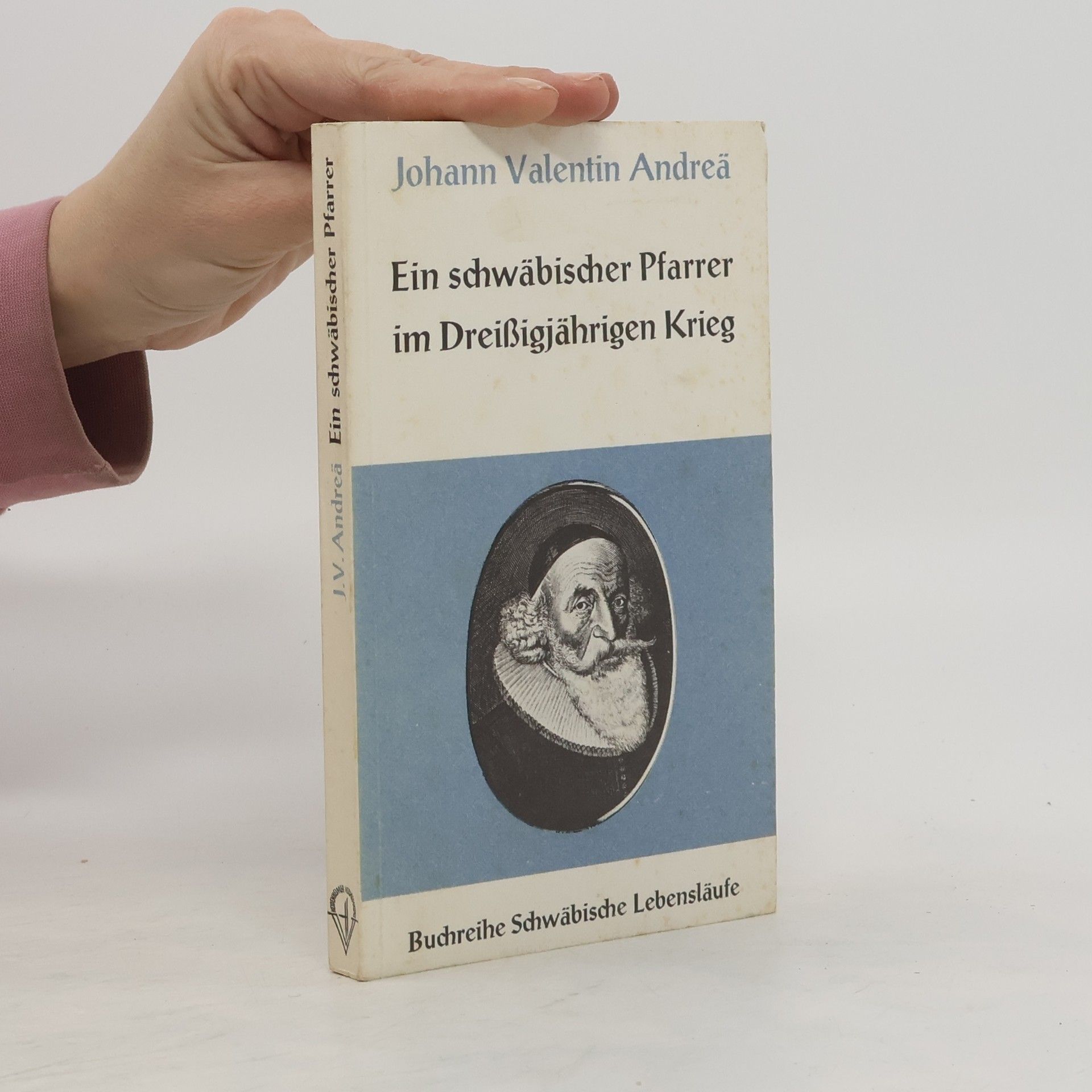Středověké vyprávění o transcendentálním zážitku zasvěcení do vyššího duchovního života.
Johann Valentin Andreae Knihy
Tento nemecký teológ sa stal kľúčovou postavou v začiatkoch ružomberizmu, hoci jeho presná úloha je predmetom diskusií. Jeho diela sa často zaoberajú hlbokými náboženskými a filozofickými témami, pričom využíva alegórie a symboliku na preskúmanie duchovného hľadania. Hoci sa v neskorších prácach odvrátil od alchymistických tém a považoval ich za menej závažné, jeho rané spisy zanechali nezmazateľnú stopu v ezoterickej literatúre. Jeho jedinečný štýl spája teologickú hĺbku s literárnou obratnosťou, čo čitateľov nabáda k zamysleniu nad podstatou viery a poznania.

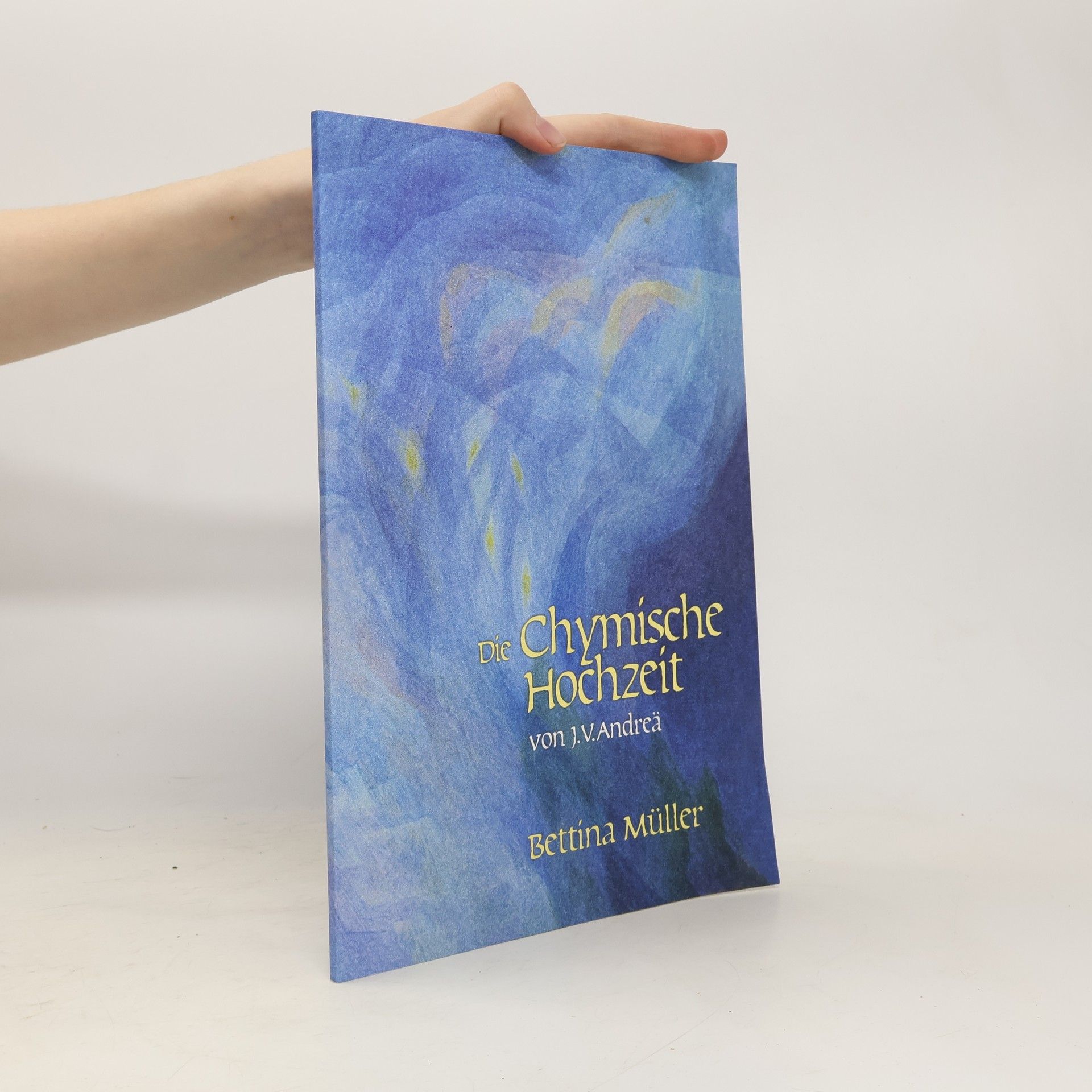



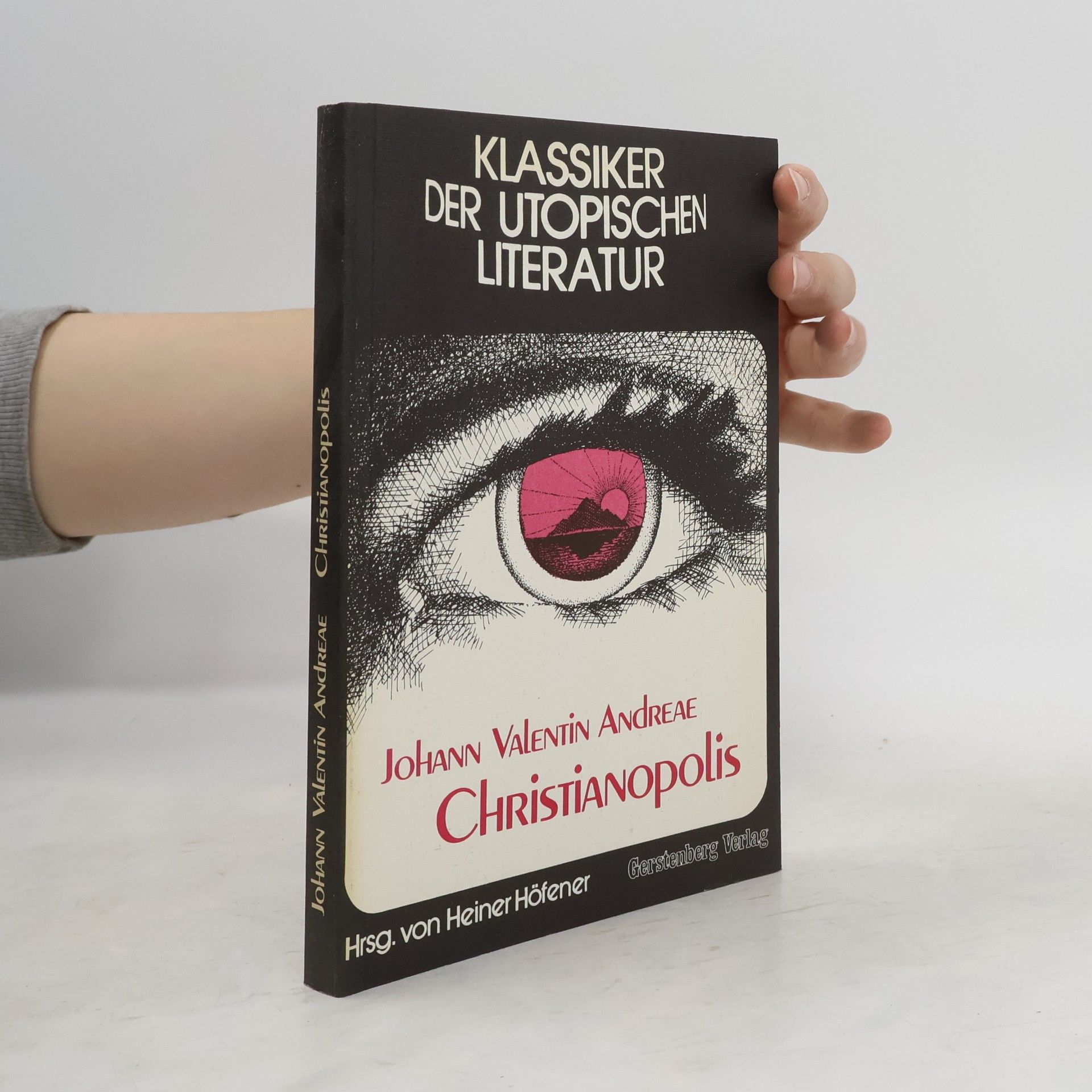
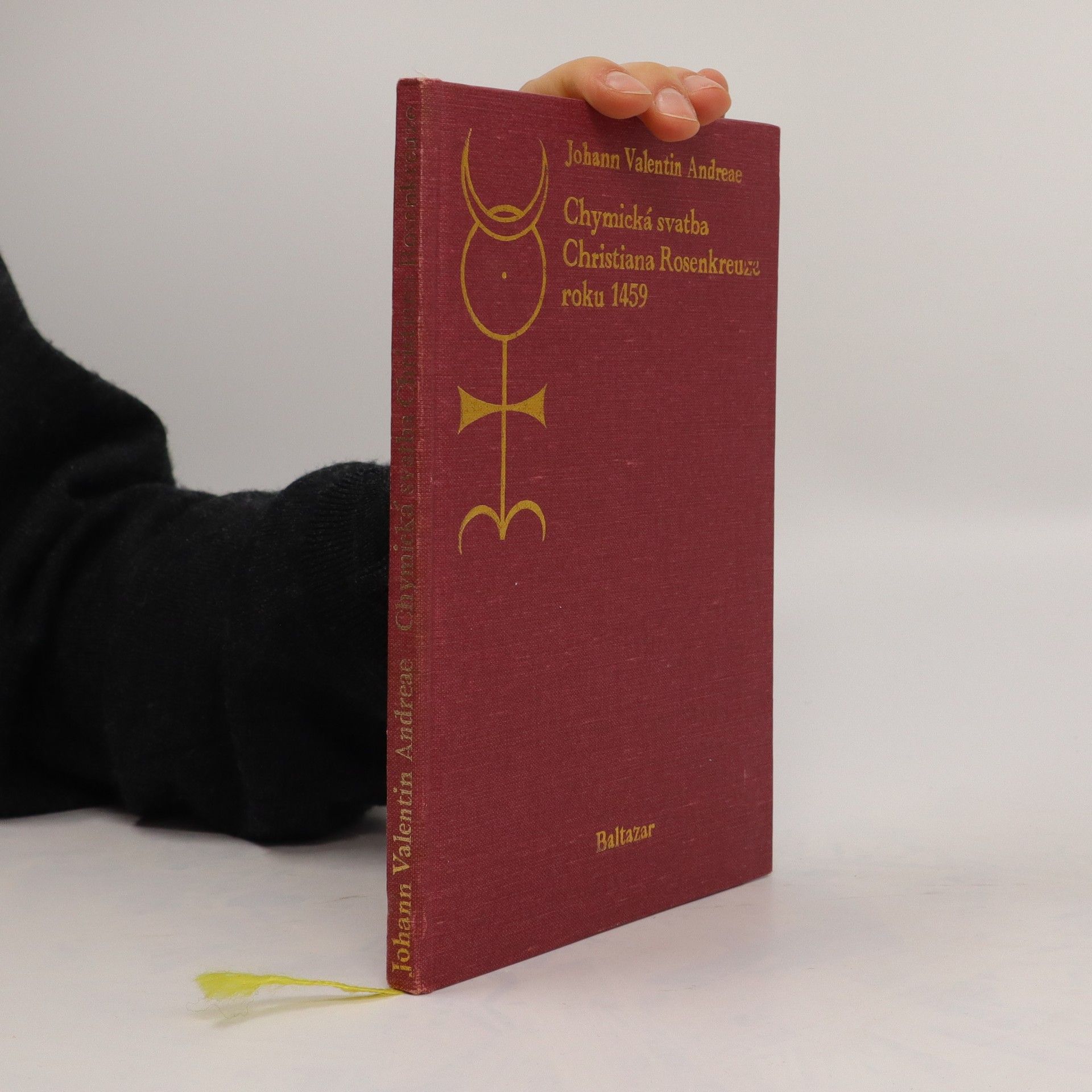
Christianopolis
- 192 stránok
- 7 hodin čítania
Sborník obsahuje nové překlady Chymické svatby i slavných rosenkruciánských manifestů ze 17. století a tři novodobé vědecké studie (R. Edighoffera, C. Gillyho a J. Ritmana) zabývající se nejen problémem jejich autorství, nýbrž i širším kontextem historického dění, všudypřítomnou symbolikou a vkladem či inspirací jednotlivých osobností, které se snažily, jak říká R. Edighoffer, o „přemostění propasti zející mezi biblickými pojmy a vědou, o nalezení konsensu křesťanského, hermetického a vědeckého myšlení... Byl to vlastně ideál philosophia perennis“. Čtenář tak má příležitost znovu si uvědomit iniciační a myšlenkovou hodnotu ústředního Andreaeho spisu a zároveň nahlédnout do možná doposud nepovšimnutých vztahů života a díla jak samotného J. V. Andreae či zásadního inspirátora, jímž byl Paracelsus, tak i učenců, kteří zůstávali v pozadí – Tobiase Hesse, Adama Haselmeyera, Christopha Besolda a dalších. Autoři studií přinášejí dobová svědectví i v podobě výňatků z korespondence, svědčící o výměně názorů mezi zainteresovanými na různá časová i nadčasová témata včetně těch eschatologických.
The Chymical Wedding of Christian Rosenkreutz
- 120 stránok
- 5 hodin čítania
The narrative unfolds during an evening before Easter, where the protagonist experiences a profound spiritual moment disrupted by a violent tempest. Despite the chaos, they remain steadfast in meditation until a divine figure—a glorious lady adorned in sky-blue garments and golden stars—appears. She carries a golden trumpet and a bundle of letters destined for all nations, symbolizing a celestial mission. The encounter blends themes of faith, divine intervention, and the mystical, highlighting the protagonist's resilience amidst fear and turmoil.
Fama Fraternitatis, Confessio Fraternitatis, Chymische Hochzeit, Christiani Rosencreutz. Anno 1459.
- 124 stránok
- 5 hodin čítania
Die Bruderschaft der Rosenkreuzer
- 223 stránok
- 8 hodin čítania
Johann Valentin Andreae: Die chymische Hochzeit: Christiani Rosencreutz anno 1459 Edition Holzinger. Taschenbuch Berliner Ausgabe, 2013 Vollstandiger, durchgesehener Neusatz mit einer Biographie des Autors bearbeitet und eingerichtet von Michael Holzinger Erstdruck: Strassburg (Zetzner) 1616. Textgrundlage ist die Ausgabe: Johann Valentin Andreae: Chymnische Hochzeit: Christiani Rosenkreutz. Anno 1459. Nach der zu Strassburg bei Lazari Zetzners seel. Erben im Jahre 1616 erschienenen Ausgabe originalgetreu neugedruckt, Berlin: Hermann Barsdorf, 1913. Herausgeber der Reihe: Michael Holzinger Reihengestaltung: Viktor Harvion Umschlaggestaltung unter Verwendung des Bildes: Johann Valentin Andreae Gesetzt aus Minion Pro, 10 pt
Nach dem anonymen Werk 'Peregrini in patria errores' veröffentlichte Andreae 1619 'Civis Christianus', das den "Christlichen Bürger" thematisiert. Der Protagonist sucht im Gebet Zuflucht und wird in einen mystischen "Tempel des Herzens" geleitet. Das Werk beleuchtet das Spannungsverhältnis von weltlicher und christlicher Ordnung sowie die Verantwortung der Eliten.
Dieser Band enthält Andreaes kritische Auseinandersetzungen mit der Rosenkreuzerbewegung. In den 'Turris Babel'-Trialogen und dem Essay über die 'Schädlichkeit der Neugier' thematisiert er die Gefahren von pseudowissenschaftlichem Denken und falschen Propheten, während er weiterhin für eine reformierte christliche Elite plädiert.
